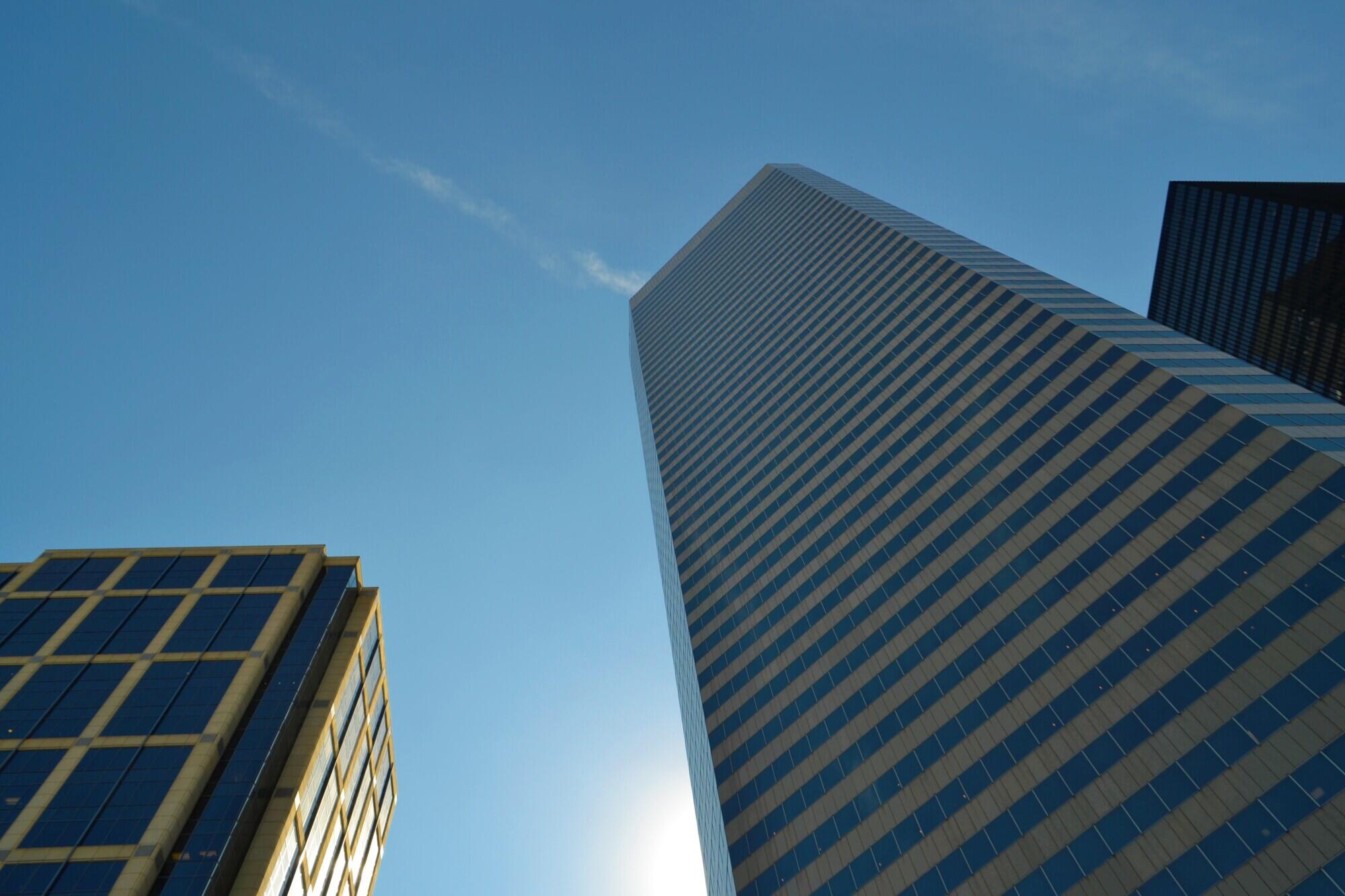There are a lot of mistakes that first-time and even experienced commercial property owners can make. One of the biggest ones is not paying the costs of proper due diligence.
The reason you want to invest time and money to do commercial property due diligence is so you know everything there is to know about your property. This includes the condition of the property, an environmental assessment, and any past or continuing legal troubles.
Here are three key steps to follow with your San Jose commercial property. Make sure to follow all of these for the best assessment.
1. Comprehensive Real Estate Inspection
One of the very first things a property owner should do is get a detailed examination of their new real estate. That means assessing its physical condition and making sure it meets structural and safety standards.
The first reason to perform a real estate inspection is to verify that the property is as expected. You don't want the previous owner to lie about its condition. Your insurance may also want this information for their records.
Another reason to perform an inspection is so you can look for areas that need improvement. That may include updates to your plumbing, electrical systems, or roofing.
2. Financial and Legal Due Diligence
The next step on your due diligence checklist is to examine your property's financial records, title, and legal standing. Make sure that there are no hidden liabilities or legal issues that will pop up in the future. This also helps to maintain the investor's ability to use the property as intended.
Part of this is understanding the property's true value. Property valuation methods should analyze demand, utility, scarcity, and transferability. You also need to look into economic and social trends, as well as governmental controls or regulations.
A title search will show that the property has a clear title and whether it is free of any liens or encumbrances.
3. Commercial Lease Assessment and Tenant Review
Third on your list should be a commercial lease assessment. This includes reviewing current tenants and occupancy rates.
Look into the terms and conditions of your lease, including rent amounts and renewal options. Identify any upcoming lease expirations.
Any property investment guide will cover what your lease should include. This is especially important for accidental landlords who find themselves saddled with multiple tenants.
It's equally important to assess the tenants attached to these leases, such as their financial health and business stability. You may even want to look into their credit reports and business performance.
Perform Your Commercial Property Due Diligence
Doing your commercial property due diligence is an extensive task, especially for new landlords without experience. In that case, you may miss something that can negatively impact your investment. You may also end up in legal trouble.
PMI San Jose provides property management services for both commercial and residential investments. We can help you assess your property's value, keep it in good condition, and manage current and future tenants.
Schedule a consultation today and contact us with any questions about our services.


